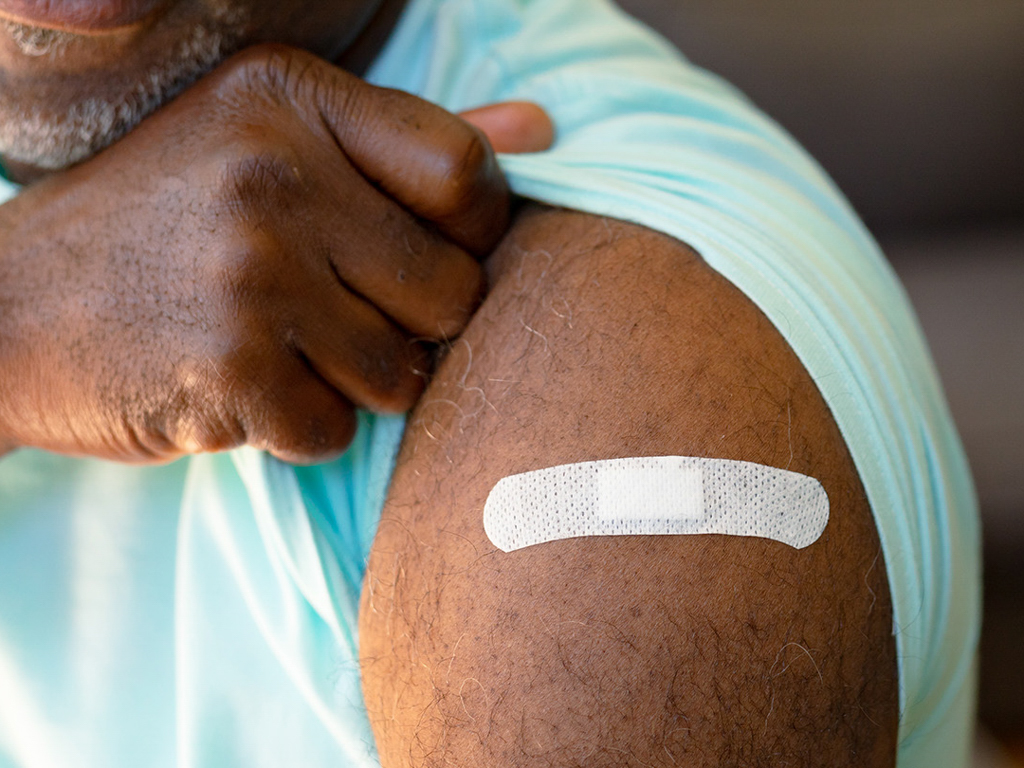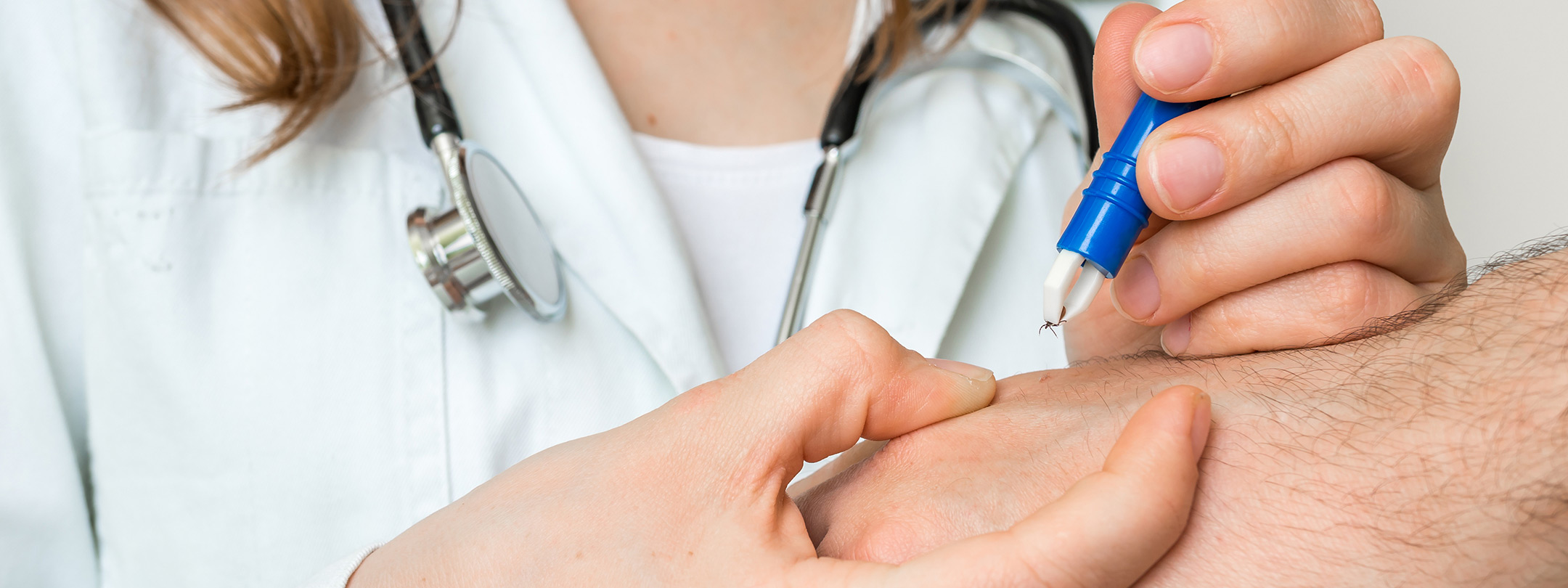Lyme disease is a tick-borne disease that infects approximately 300,000 Americans each year. It's transmitted to humans by a bite from an infected black-legged tick. If not treated, infection from Lyme disease can affect the joints, nervous system, and heart.
Check out these other must-know facts about the disease:
LYME DISEASE IS MOST COMMON IN WARM WEATHER
That's when ticks are most active. If you're bitten by a tick infected with the bacteria that cause Lyme disease, you can get sick.
LYME DISEASE CAN BE AVOIDED
Ticks often lurk in tall grass, thick brush, and wooded areas. Steering clear of tall vegetation and staying in the center of hiking trails can help reduce your risk of tick bites.
You can also use insect repellant on your clothes and uncovered skin that contains the ingredient DEET. Repellants with DEET or oil of lemon eucalyptus may be most effective at deterring ticks. And always check your skin for ticks after you've been outdoors. Although they can attach anywhere, ticks like hard-to-see spots like the scalp, armpits, and groin.
THE SOONER TICKS ARE REMOVED, THE BETTER
In most cases, ticks must be attached for at least 36 to 48 hours before they can transmit Lyme disease. To remove a tick, use fine-tipped tweezers. Grab the tick close to your skin and gently pull upward until you remove it completely. Don't use home remedies like petroleum jelly or nail polish.
NOT EVERYONE GETS A RASH
A red rash with a target-like appearance is a telltale early sign of Lyme disease. But some people get many red rashes, and others get no rash at all. Watch for other signs and symptoms, which include fever, fatigue, headache, swollen lymph nodes, and muscle and joint pain.
MOST PEOPLE FULLY RECOVER
Lyme disease is treated with antibiotics. But even if it isn't caught and treated until its later stages, most people become healthy again.
Select Health may link to other websites for your convenience. Select Health does not expressly or implicitly recommend or endorse the views, opinions, specific services, or products referenced at other websites linked to the Select Health site, unless explicitly stated.
The content presented here is for your information only. It is not a substitute for professional medical advice, and it should not be used to diagnose or treat a health problem or disease. Please consult your healthcare provider if you have any questions or concerns.
References: Centers for Disease Control and Prevention; U.S. Food and Drug Administration
Related Articles



